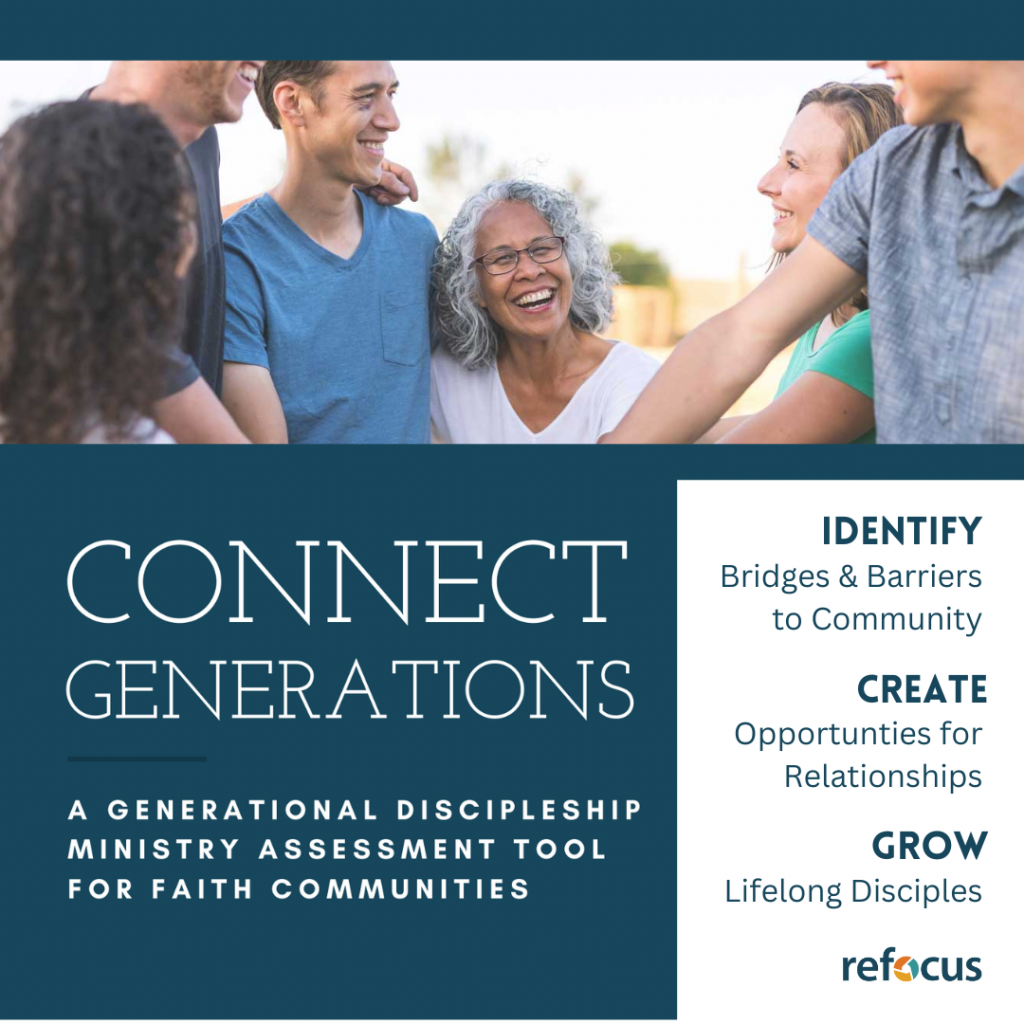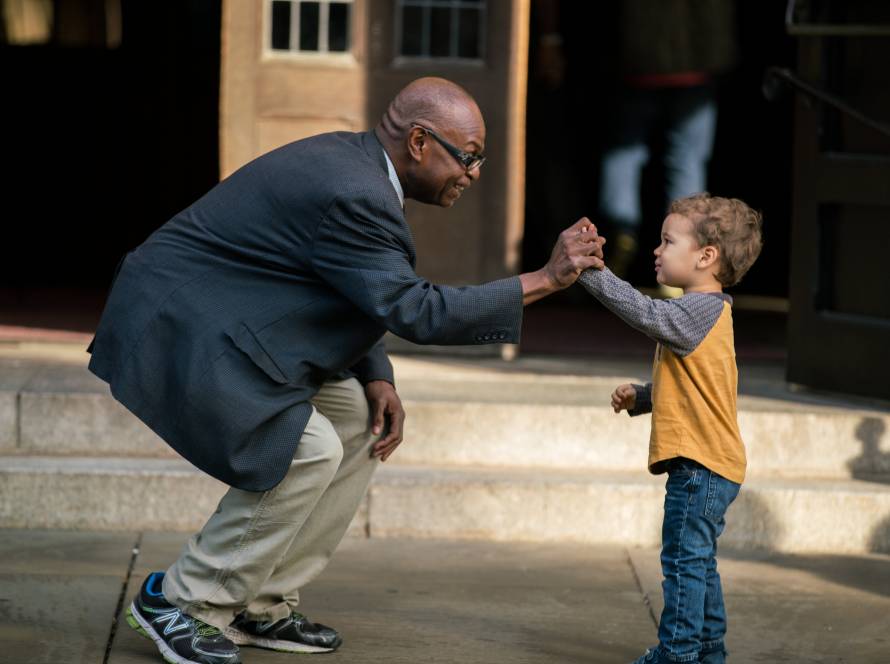If you have ever been employed in a federally-funded educational workplace, you’ve participated in some form of Title IX training. This training is intended to help employees navigate topics of diversity, discrimination, and inclusion. In fact, most workplaces offer some form of diversity training during the course of the year. But, here’s the thing – research over last decade has resoundingly demonstrated that these programs simply do not work (Source).
And yet, businesses continue to not only offer diversity trainings but generally tend to make the mandatory for all employees. Why? Why continue to do something that has been shown not to work? The article cited above states “Despite its inadequacy, diversity and sensitivity training remains pervasive in workplaces. Often, it endures as a way to maintain optics, legal protection and the veneer of progressive action” (For more on this, check out the Holy Post podcast, Episode 547).
In other words, it doesn’t matter if it doesn’t work. It fulfills the requirements. It looks good. It appears to be the right thing to do.
And despite the very real desire of those who create the trainings and those who petitioned to ensure that these programs be put in place, the reality is, it’s not working.
Which means, the real and genuine need is not being met. In order to meet the need, to accomplish the task, and to reach the goal intended to be reached, something different has to be done. It doesn’t mean the training itself is flawed or somehow not good – it is just not the right tool for the task.
Let’s talk about discipleship in our churches.
For years, I have heard about program after program intended to facilitate discipleship and mentoring within faith communities. And these tools and resources are helpful. They provide structure and information that could be needed in certain situations. But guess what? They are not producing disciples.

I want to be clear that I am not talking about the research regarding the decline in church membership or attendance. That research tends to focus on denominations and church structures that not all churches fall into; I know a number of Christians who gather in worship and are never counted in traditional ways. I’m talking about disciples; people who label themselves as followers of Jesus Christ.
Pew Research reports that “in 2020, about 64% of Americans, including children, were Christian. People who are religiously unaffiliated, sometimes called religious “nones,” accounted for 30% of the U.S. population. Adherents of all other religions – including Jews, Muslims, Hindus and Buddhists – totaled about 6%” (Source).
People who are religiously unaffiliated or the “Nones” is the fastest growing segment of religious society and this growth is coming directly from Christianity. And, if you click on the linked article, you will find the expectation of that continuation for the next several decades.
Our programming, our youth groups and children’s ministry, our curriculum and classes – they are not achieving the goal for which they have been created – to make disciples.
And yet, we continue to do the same thing, on repeat. We produce more tools and resources that merely tweak what has previously been done and then wonder why we continue to experience the same outcomes. “This is what we’ve always done” is a mantra that keeps annual events, yearly retreats, Sunday School classes, and age-specific curriculum in place even if it is no longer serving the community of faith. And if we introduce something new or hint at change, the rumbling of discomfort and discontent begin.
It’s just like diversity training in the workplace. We do it because it’s what we do. Not because of the results we get.
I often quote Sticky Faith’s statement “there is no silver bullet.” We can’t solve the issue of discipleship in one fell swoop. It’s not like that. You can’t program discipleship. It’s not how it works. It’s not how it’s modeled for us in Scripture and it’s not how we were created to be as human beings.
We were created for relationship. For community. We were created to learn from one another, from our life experiences and our stories. From “one generation to another” (Psalm 145). We need each other.
But our programs and our classes, our trainings and our curriculum? So often these are the very things that keep us apart.
When it comes to the workplace, experts say “The best way to promote diversity in your workplace is by embracing it and working to build an understanding. Getting to know your colleagues on a personal level, regardless of their culture and background, will help you to find common ground, deepen your appreciation of differences, and promote an inclusive and welcoming work environment” (Source).
When it comes to church, experts say, “The closest our research has come to that definitive silver bullet is this sticky finding: High school and college students who experience more intergenerational worship tend to have higher faith maturity. Of the many youth group participation variables we examined, involvement in intergenerational worship and relationships had one of the most robust correlations with faith maturity” (Source).
It’s not as complicated as we think it is. We need to be together. It is challenging because that’s not “how it has been done.” But that doesn’t mean, it doesn’t need to change. Let’s go make disciples. Even if it’s a little uncomfortable at first.

About The Author

Christina Embree is the founder and director of ReFocus Ministry. She holds a masters in ministry focused on Children, Youth, and Family Ministry and is completing her doctoral degree in spiritual formation with a focus on age segregation and intergenerational ministry. In addition to coaching churches of multiple denominations and traditions all around the globe, Christina serves as the Minister of Generational Discipleship for the Great Lakes Conference of the Brethren in Christ and as a pastor at Plowshares Brethren in Christ in Lexington, Kentucky. She is widely recognized as a speaker and author in the areas of generational discipleship, intergenerational ministry, and family ministry. As the mother of three children, she is familiar with the challenges of faith at home and pastoral ministry. She along with her husband Luke share a love for the church, their community, and the global work of peace and restoration through Jesus.


